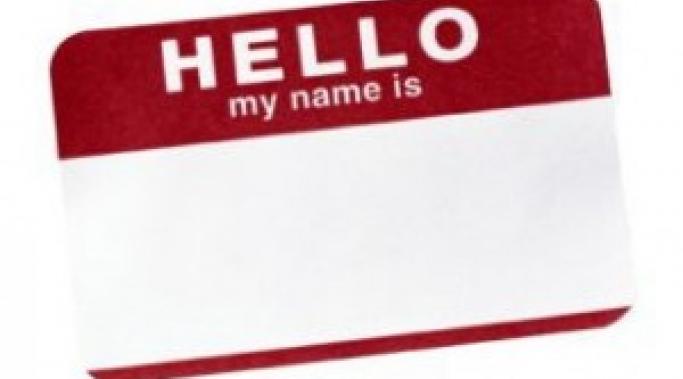Blogs
Let me just come right out and say it: psychiatric medications suck. They just do. Waking up every morning with your first thought to choking down brightly-colored circles, ovals and squares is a bad way to start the day. Similarly, having your last act at night be downing medication to induce what used to be the natural process of sleep is equally unfortunate.
But psychiatric medications are a reality for people with a mental illness. They are important. In fact, for many of us, without them we would have no chance at a life at all.
So if we admit we hate them, but admit we have to take them, how does one manage to stay on psychiatric medications?
If you have Dissociative Identity Disorder you've probably been instructed at least once to create a map of your system. A system map, I've been told, is essentially a recording on paper of alters' names, ages, and roles - arranged according to where they are in relationship to each other. I've never successfully completed one. If that were the only definition of a system map, I likely never would.
I posted this on my personal blog on 11/09/06. Bob had been 5 only a few short weeks. We were deep in custody litigation and still 18 months away from a real diagnosis. As you can tell from these paragraphs, I was nearing the end of my rope.
What's it like, keeping the secrets of trauma and PTSD? I have so much to tell you, and I can't say a word. The trauma's tucked away, a dirty little secret that you keep. Maybe you try to tell a friend, therapist, lover. Maybe they get it, maybe they don't. But oh, how you want them to get it. You want their understanding words. And you want to scream, cry, run - from the fear and the pain and the sinking feeling of waking up each day and not being quite sure if it'll stay today, today. But you don't, you don't do much any of that. Most of the time you . . . survive. Trauma and PTSD make keeping secrets easier, but surviving increasingly difficult.
Why would a person purposefully starve, even to the point of death? "There is something very seductive about not eating very much, thinking that those around you are weak and have to eat," says Angela Lackey, our guest on the HealthyPlace Mental Health TV Show speaking about her experience with anorexia nervosa. "It makes you feel strong and special; you don't think about the fact that you can die from anorexia and that many people do die from anorexia."
Last night I met my brother’s new girlfriend for the first time. My parents, my husband and I were all excited that he found someone, (someone nice we all hoped). Well his new girlfriend didn’t disappoint and gave a pretty good first impression. I remember thinking that I didn’t envy being in her position – being the new kid on the block. It’s like high school all over again with the nervous butterflies and worries about whether people will like you, all while trying to show the best possible ‘you’ you can.
As any married (or divorced) person will attest, marriage is hard work. Adding a child to the mix multiplies the hard work exponentially. Add a child with a psychiatric illness - let the rollercoaster ride begin.
I had a VNS implanted about three years ago. The surgery involved two incisions, one under the left arm and one on the left lower front of my neck. My neurosurgeon promised a scar between 1-3 inches but it’s probably closer to four. Of course, I would much rather he get the surgery right and have a bigger scar than the other way around. Someone messes up your vagus nerve and you know about it, pretty much forever.
What can a misshapen carrot teach us about the standards we set for ourselves as people with borderline personality disorder?
I recently wrote about 15 Ways to Make Yourself Feel Better After a Bad Day, and I want to expand upon this topic to talk about how we can all feel better in our day-to-day lives. One thing that really stresses me out is clutter. Just the sight of clutter - piles of paper and knick-knacks - makes my body tense up and my mind worry. So I finally decided to do something about it.







